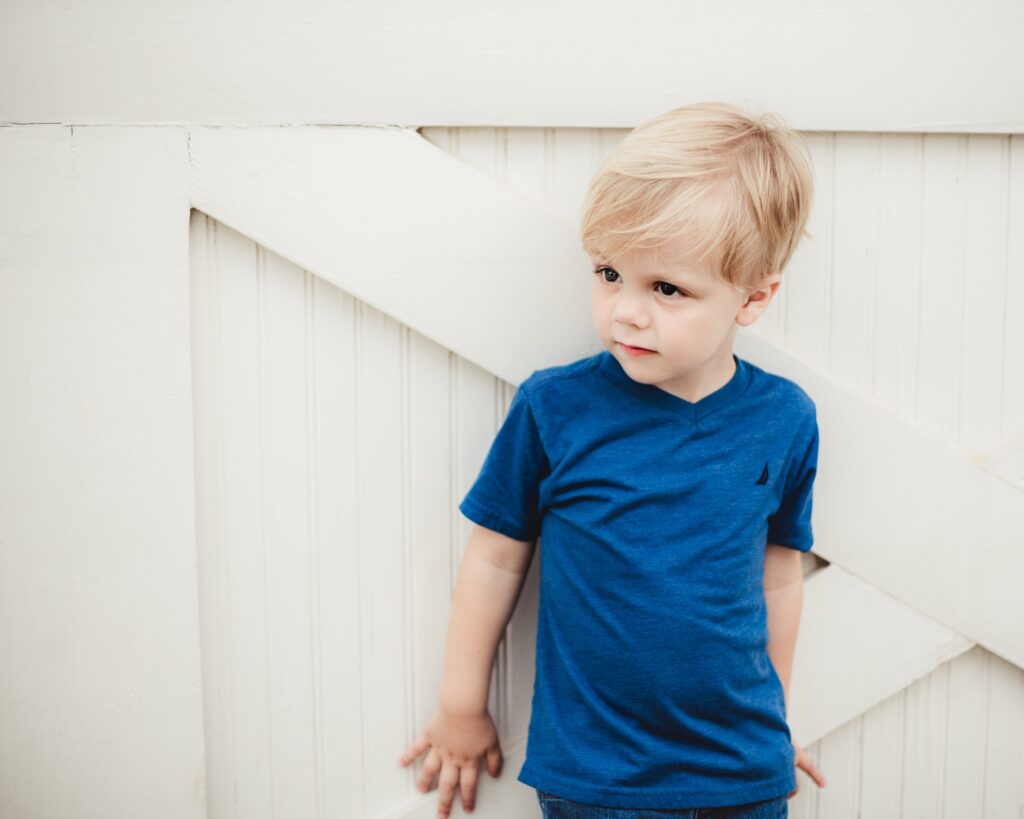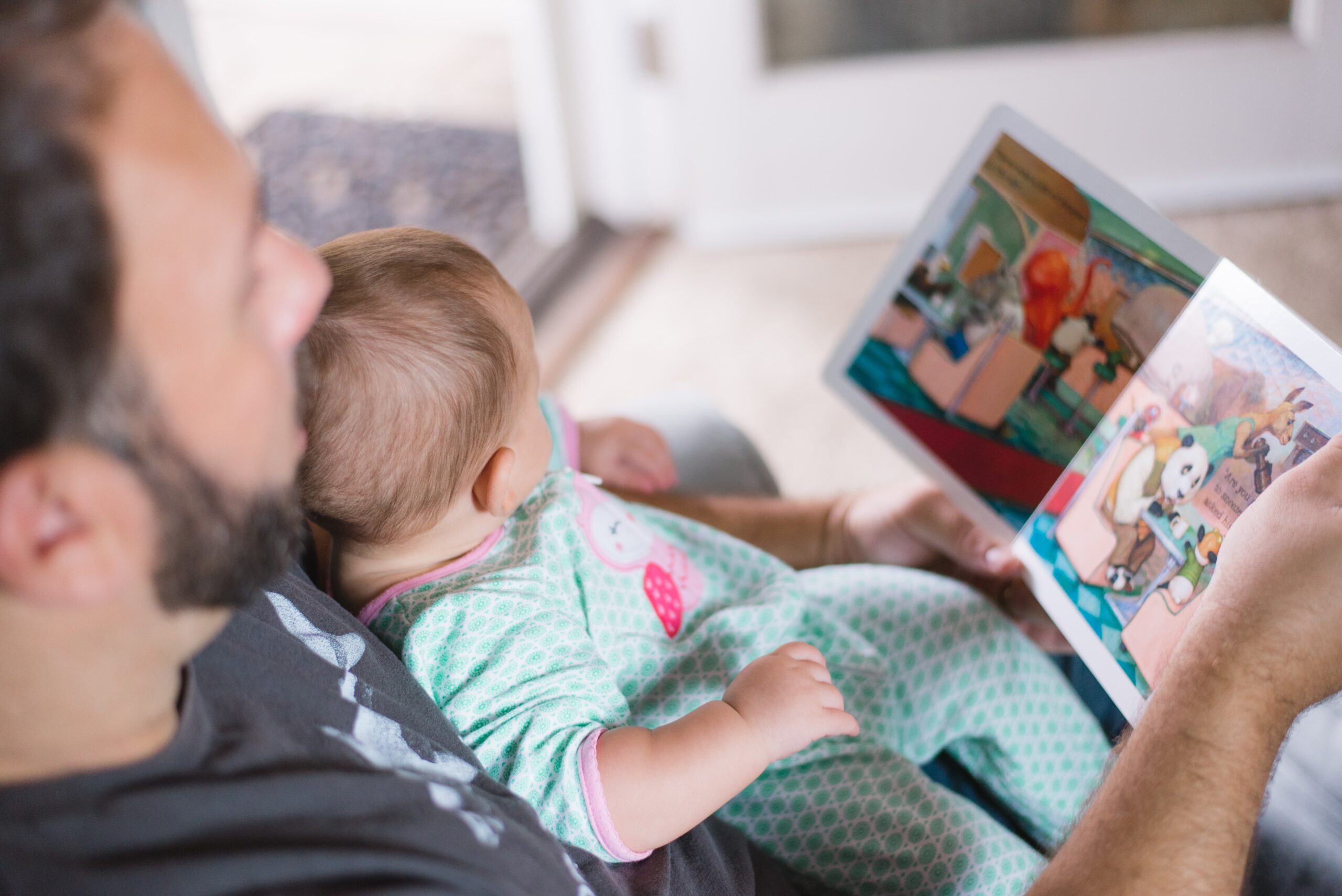
- Sign language will delay verbal speech:
In fact, it’s the opposite- signs and gestures help little ones learn new words by making them visible. In fact, in one study babies in families who had been encouraged to teach their babies signs were more advanced in their language skills, intelligence skills, and play skills when tested. Moreover, babies who had been taught signs knew on average about 50 more spoken words at the age of two than families who hadn’t! (Acredolo & Goodwyn)

2. Your toddler will “grow out of it”:
While many children do “grow out of it” and are considered “late bloomers,” many do not. We know
that about 20-30% of Late Talkers will continue to have difficulty with language. There are several risk factors that suggest a child is more likely to have difficulty with language, such as difficulty with reading and writing when they enter school (Olswang et. al, 1998). They are:
- Uses few gestures to communicate
- Uses mostly nouns (names of people, places, things), and few action words
- Difficulty playing with peers (social skills)
- Family history of communication delay, learning or academic difficulties
- Mild comprehension (understanding) delay for his or her age
- Quiet as an infant; little babbling
- History of ear infections
- Limited number of consonant sounds (p, b, m, t, d, n, y, k, g, etc.)
- Does not link pretend ideas and actions together while playing
- Does not imitate (copy) words

3. Boys Always Talk Later than Girls:
While girls do tend to reach their language milestones sooner, these differences should disappear within a few months and we would expect boys and girls to have around the same number of words by about 18 months.
While there is a variation in what is normal and children reach milestones at different times, it’s helpful to have a general sense of what to expect in terms of language development:
We expect to see first words around a child’s first birthday, but there is variation in normal. Remember, signs, animal sounds, and exclamations such as “uh-oh” all count as words.
Between your child’s first and second birthdays, you can expect to see a dramatic increase in your toddler’s vocabulary. We often see this marked increase in new words sometime after toddlers have reached the 50-word mark.
By 24 months, we expect toddlers to be using at least 100 words and to start combining words
4. Bilingualism Causes Speech Delays
Bilingual children are not more likely than monolingual children to have difficulties with language, to show delays in learning, or to be diagnosed with a language disorder.
In their article, Bilingualism in the Early Years: What the Science Says, Krista Byers-Heinlein and Casey Lew-Williams do a wonderful job explaining this misconception:
“What we know is that while bilingual children typically know fewer words in each of their languages than do monolingual learners of those languages, this apparent difference disappears when you calculate bilingual children’s “conceptual vocabulary” across both languages (Marchman et al., 2010). That is, if you add together known words in each language, and then make sure you don’t double-count cross-language synonyms (e.g., dog and perro), then bilingual children know approximately the same number of words as monolingual children (Pearson, Fernández, & Oller, 1993; Pearson & Fernández, 1994).”
The authors give an example: “If a Spanish/English bilingual toddler knows 50 Spanish words and 50 English words, she will probably not appear to be as good at communicating when compared to her monolingual cousin who knows 90 English words. However, assuming 10 of the toddler’s Spanish words are also known in English, then the toddler has a conceptual vocabulary of 90 words, which matches that of her cousin. “
Just like some monolingual children have a language delay or disorder, a similar portion of bilinguals will have a language delay or disorder and there is no evidence that bilingualism itself causes speech delays. Check out my full post on this topic here
If you’re looking ways to support your little one’s language at home, check out my course to learn how to help your toddler say more, frustrated less, and off to the best start with speech and language.






